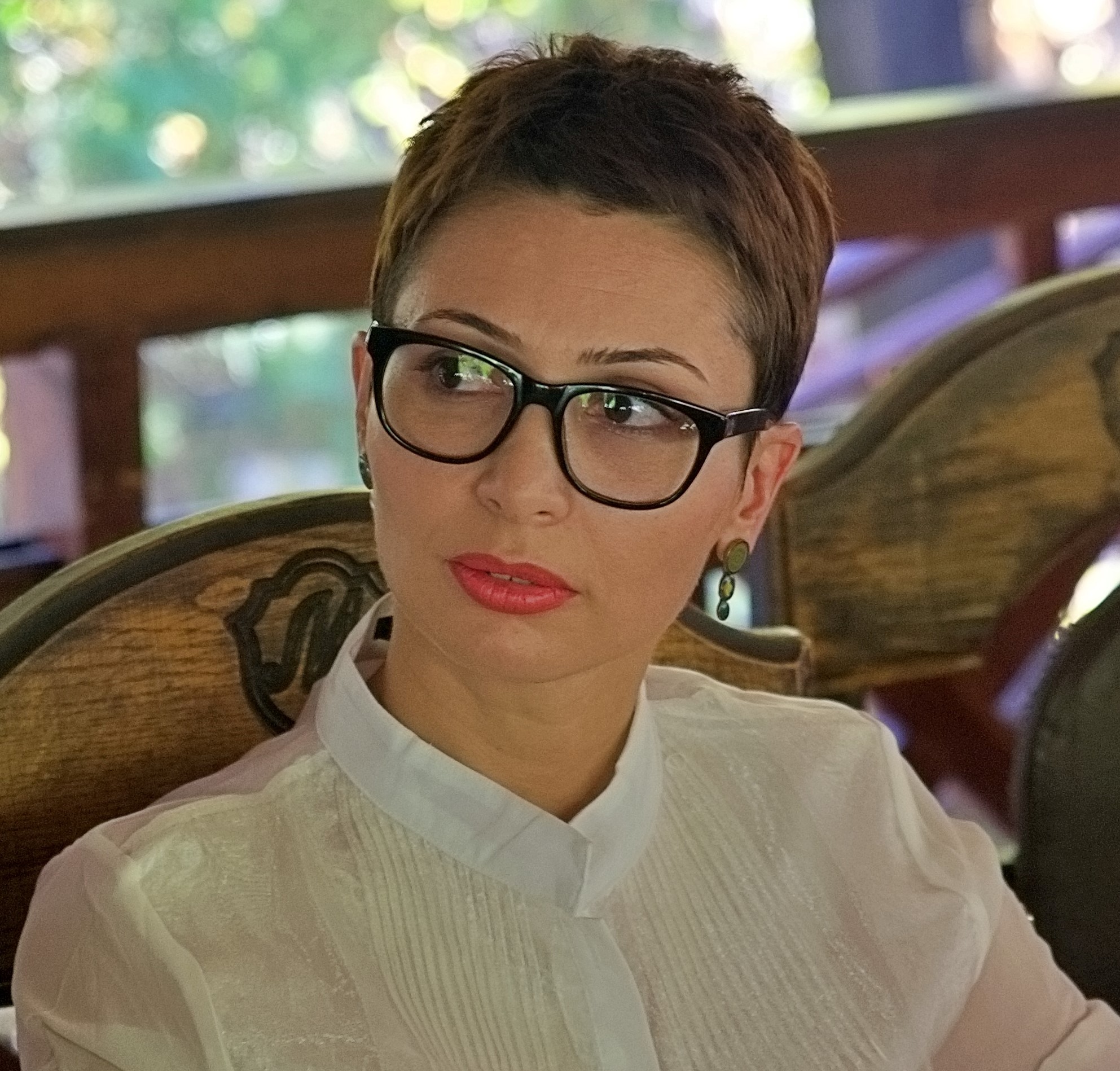
Armenian society has been at loggerheads over the Istanbul Convention — the Convention on preventing and combating violence against women and domestic violence — since it was signed by Armenia on January 18, 2018. In 2019, as the Armenian government indicated it would soon ratify the Convention, the public debate between supporters and opponents became more heated.
Conservative figures in the country, as well as representatives of the Armenian Apostolic Church, have slammed the Convention, claiming it contradicts the Armenian constitution by implying a third gender. On the other hand, human rights activists slammed opponents for turning a blind eye to violence and disguising it under the pretext of “traditional values.”
The underlying concept of the Convention is that violence against women is gender-based, and there cannot be real equality between women and men if women are subject to gender-based violence. The Convention enshrines that the state is responsible for preventing all kinds of violence, protecting and supporting victims of violence, investigating all claims of violence and holding offenders accountable.
Gendered Violence in Armenia
Gendered violence in Armenia, like in much of the world, is endemic. According to the Republic of Armenia (RA) Investigative Committee press service, 519 cases of domestic violence were investigated in 2018 versus 458 the previous year. Most of them dealt with violence against women by their husbands. Unfortunately some of them ended up in brutal femicide, as in the case of 20-year-old Kristine Iskandaryan beaten to death by her husband 30-year-old Illarion Nunushyan in November 2018, as well as 30-year-old Mariam Asatryan beaten and killed by her partner in May 2019.
Hasmik Gevorgyan, project coordinator of the Women’s Support Center, a Yerevan-based women’s organization, told The Armenian Weekly that in 2018 they received 350 women who had been victims of domestic violence. However, Gevorgyan is not sure that the provisions of the Convention will be practically employed even if ratified. “In 2017 we adopted a law on Domestic Violence which is not fully applied.” Adoption or ratification of documents alone “will not change anything in our lives,” Gevorgyan says. Enormous efforts are required for follow up: to recruit specialists, to prepare the society, to change mentality and so on.
Opposition to the Convention
In July 2019 the Kamq (will) public initiative for preservation of Armenian values organized a petition against the ratification of the Convention on behalf of Vahagn Chakhalyan. They are planning to go to the Constitutional Court with an appeal to recognize the Convention as anti-constitutional. They allege that the Convention recognizes four different genders, in contravention of the Armenian constitution which recognizes two: men and women.
President of the Chamber of Advocates Ara Zohrabyan said in a press conference that his issue with the Convention was specifically based on its prohibition of discrimination based on “sex, gender … sexual orientation, and gender identity.” In particular, he criticized the Convention’s articles on education, identifying the following offending passage: “Parties shall take, where appropriate, the necessary steps to include teaching material on issues such as equality between women and men, non-stereotyped gender roles.” He claimed that “non-stereotyped gender roles” referred to queer and trans people. “Binding children with such educational materials and extra information about sex other than the biological sexes at an early age can definitely cause confusion,” Zohrabyan said.
Coordinator of the Coalition to Stop Violence Against Women Zara Hovhannisyan told The Armenian Weekly that the Convention does not endanger the concept of family, stating it “does not regulate family life or family structure” nor traditions and values. The Convention, she says, only states that traditions, culture and religion cannot be the “basis for justifying violence against women.” Hovhannisyan also noted that the Convention does not impose any educational model for gender equality and fighting stereotypes.
On July 29, 2019 the Ministry of Justice issued a statement on its official website which said “with the aim of boosting public solidarity, the government intends to take up practical measures aimed at reducing and eliminating violence in all spheres of public life.” It goes on to assure that the Convention does not contradict the concept of the sexes or family as envisaged by the Constitution and urges society “not to give in to manipulations.”
The Armenian Apostolic Church statement terms the Convention’s formulations and interpretation of defining a gender other than the biological sexes as incompatible with the church’s moral teaching (Convention, Article 4, part 3). “Thus, given that there are deeply alarming provisions and concepts from the point of view of our national and spiritual identity and security” they urge the authorities to refrain from its ratification.
What we know is that the Convention failed to be on the National Assembly (NA) agenda in 2019. Whether it is ongoing public pressure or the natural procedures it is supposed to go through, from the Venice Commission to the Constitutional Court and the National Assembly or both is not clear. What is clear is that the Convention, signed by the previous authorities of Armenia, is serving as another tool to divide the people and the authorities they brought to power as a result of the Velvet Revolution.



No thank you to this soros sponsored initiative. Let the gender confusion remain in Europe and north America where it belongs. No reason to import it into Hayastan.
It should be clarified that the Venice Commission, an advisory body of the COuncil of Europe,composed of independent experts on constitutional law declared in 2019 that the Istanbul COnvention has nothing unconstitutional for Armenia despite what the conservatives say. This is not a SOros sponsored initiative. This has to do with human rights and the right of women against battery and protection of her life and that of the children. Refusing this will imply acceptance of domestic violence in our society.